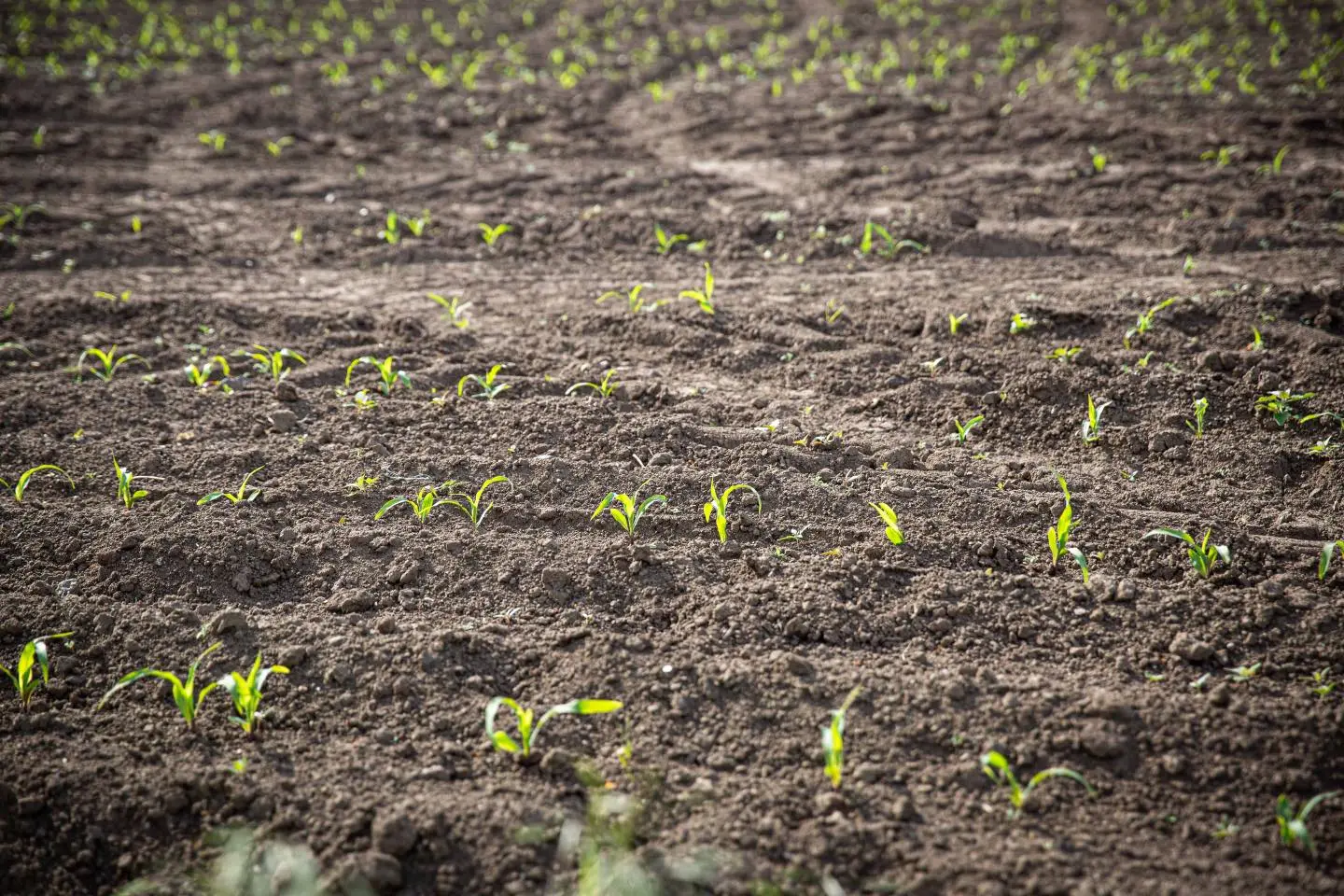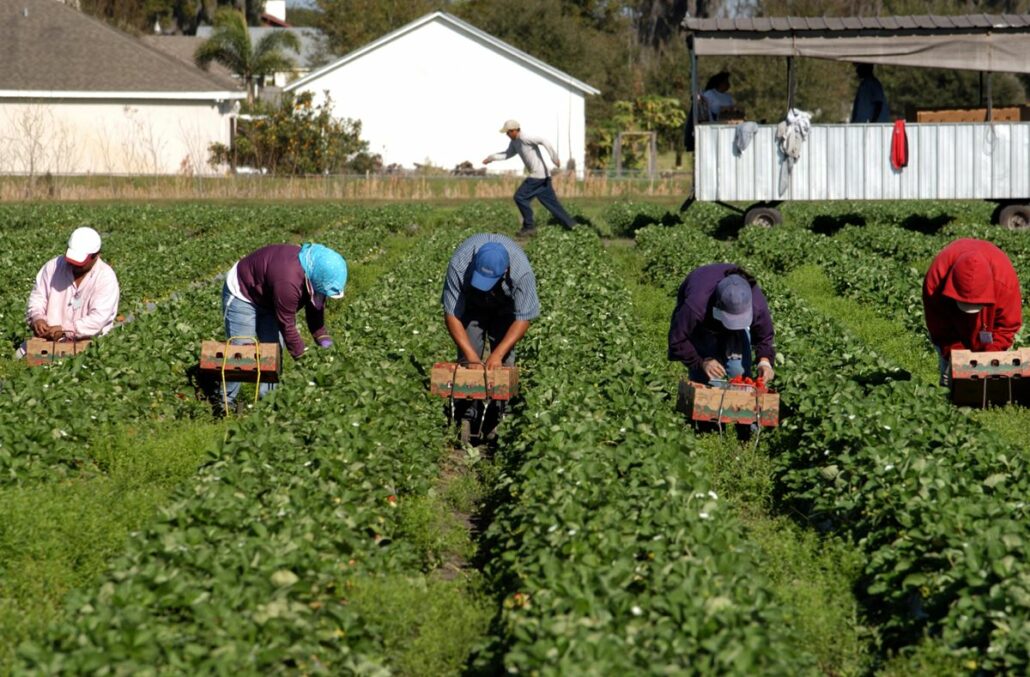Foreign workers needed to save Hungarian agriculture?
Hungarian agriculture lags behind the majority of Western European countries in terms of territorial and labour productivity. This means that an average Hungarian agricultural worker can produce roughly half as much value as a Western European worker with the same skills and education.
According to Agrárszektor, the labour deficiency in the domestic agriculture and food industry sectors can mainly be traced back to productivity problems, as Gyöngyi Kántor, the CEO of Master Good company group stated. The fragmentation of Hungarian family farms, the lack of young people in the sector, the ageing farming community, and the migration of the rural population are also part of the problem. However, serious difficulties are caused by the relatively low level of the agriculture sector’s income, the lack of automation, and even climate change.
Young are not interested in Hungarian agriculture

Source: Agriculture Ministry
According to Kántor, recruiting young people in the industry would be crucial. Thirty years ago, home farms, with a small garden and a couple of farm animals were popular, but often they don’t operate anymore, or not in the way they used to. As a result, young people from small regions and their parents are not used to the stresses that come with them anymore. It is not only nearly impossible to make this area attractive for a high school student, but it is also questionable whether they could adapt to the physical hardships.
She believes that the basis for dealing with this issue is rooted in education, which can only be implemented on a wider scale through cooperation and collaboration. It requires connecting young people’s parents, the school system, the Ministry of Hungarian Agriculture and larger companies.
Might hiring foreign workers in the agricultural industry be the key?

Photo: facebook.com/nagyistvan.movar
In addition to the labour shortage in the agricultural industry, the lack of skilled labour also causes significant problems in the sector. Those who perform this type of work usually work seasonally, their working conditions are not provided in a “high-tech” way.
“I just want to illustrate that it is probably easier and more attractive to work on a computer in an air-conditioned office than on an animal farm,” Kántor adds.
Looking at the increasing number of suppliers in the automatic industry in the Northeast region, where thousands of workers are missing, it is natural that those workplaces that offer better working conditions, for example, air-conditioned halls, and cleaner environments, which other industries may offer, lure the workforce from the agricultural sector.
Guest workers in Hungarian agriculture
She also mentions, that their company, Master Good has been employing foreign workers since 2019, as with Hungarian labour, they wouldn’t be able to keep up with the company’s record growth. The company has 400 Filipino employees at the moment, and Kándor describes them as hardworking and reliable people, who speak English well, which makes them easier to integrate.
As we recently reported, in recent years, Asian workers have been increasingly replacing Ukranian guest workers in Hungary. The number of Filipino, Vietnamese and Kyrgyz workers is steadily increasing. There are approximately 120,000 guest workers in active employment right now in Hungary, according to figures from the Ministry for National Economy.
Due to the labour shortage experienced in recent years, companies are trying to compensate the missing Hungarian workforce by employing guest workers; however, the government recently tightened the sanctions regarding the employment of foreign workers. Among Asian guest workers, Filipinos have been the most frequently employed group. Most of the employees have high school degrees or even college degrees.
Read also:
- European farming under ‘green ideological pressure’ says minister – Read here
- Lake Balaton forecast: guest workers to ease labour shortage, relatively low price increase
please make a donation here
Hot news
What happened today in Hungary – 26 July, 2024
Drama: number of births in a 20-year low in Hungary
Yay or nay? – 6 odd Hungarian delicacies that make our skin crawl
Budapest tourism “exploded” this past weekend
Container transport in Budapest may stop: How will this affect Hungarian economy?
Minister: Hungary will protect its territory by every means possible




